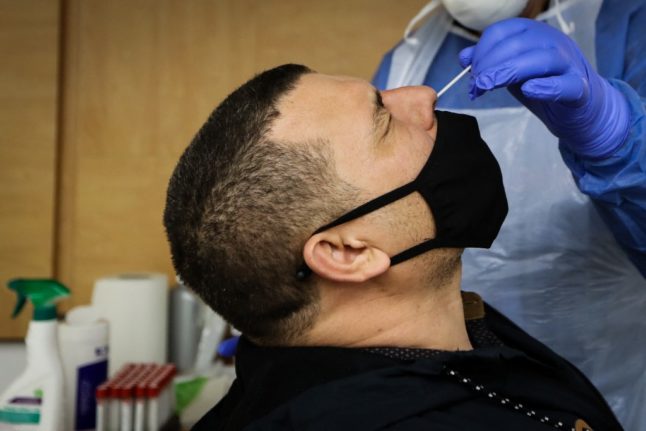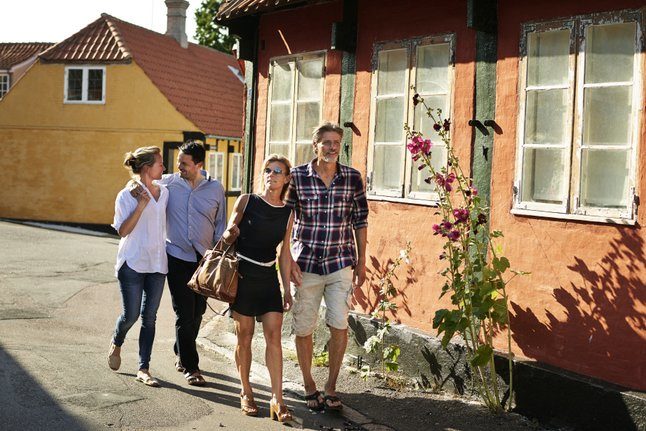PCR costs for traveling abroad vary from canton to canton
Many countries require travellers to show negative PCR results but the price of these tests in Switzerland can be steep.
While PCRs are free for people who have coronavirus symptoms and are ordered by medical authorities to test, those who need it to travel abroad must pay for the screening themselves.
The highest prices, according to SRF public broadcaster, which compared costs across German-speaking Switzerland, are charged in the Cantonal Hospital in Uri (217 francs), followed by the Nidwalden Cantonal Hospital (215 francs).
On the other hand, at 137 francs per test, Luzern’s Cantonal Hospital, as well as Stadtspital Waid und Triemli in Zurich, have the lowest prices.
Ski season did not exacerbate Switzerland’s health crisis
There have been concerns that keeping Swiss ski areas open throughout the pandemic — while neighbouring nations closed theirs — would cause an increase in coronavirus cases.
However, this did not happen, according to Switzerland Tourism, which points out that Switzerland “is not worse off than countries where slopes remained shut”.
This means the protection plans implemented in ski resorts, including compulsory masks in queues and on chairlifts, have worked well.
Cold snap is finished – for now
Post-Easter snowfalls and sub-zero temperatures swept much of Switzerland between April 6th and 8th, bringing in a phenomenon known as ‘winter in April’ for the first time since 2017.
Now the high current from the west is bringing warm winds and progressively milder air this weekend. However, this improvement will be brief, as another ‘polar attack’ will strike the country early next week, according to MeteoSwiss.
Le #blogmeteosuisse du jour vous plonge dans le #redoux et les conditions #foehniques du week-end, avant une nouvelle incursion polaire en début de semaine prochaine : https://t.co/QKyKvSuvnh #MétéoSuisse #meteo pic.twitter.com/gGRPpjqE2r
— MétéoSuisse (@meteosuisse) April 8, 2021
READ MORE: ‘Winter in April’: Temperatures set to drop as cold front sweeps across Switzerland
Zurich has Europe’s highest number of foreign-born entrepreneurs
Switzerland’s largest city ranks among the most attractive locations in Europe in which to found a start-up, according to the new Startup Heatmap Europe Report 2021.
While Zurich ranks 8th overall out of 50 cities, it is in the first place in terms of the number of foreign-born founders — 76 percent of the canton’s companies were created by entrepreneurs born outside of Switzerland, as compared to the European average of 27 percent, the study reports.
If you have any questions about life in Switzerland, ideas for articles or news tips for The Local, please get in touch with us at [email protected]



 Please whitelist us to continue reading.
Please whitelist us to continue reading.
Member comments